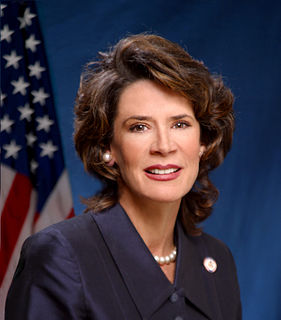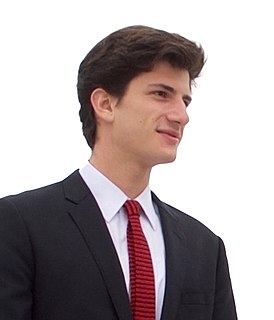A Quote by Alan Alda
I dont see we can have a separation of church and state in this government if you have to pass a religious test to get in this government. And I want to warn everyone in the press and all the voters out there: if you demand expressions of religious faith from politicians, you are just begging to be lied to. They wont all lie to you but a lot of them will. And itll be the easiest lie they ever had to tell to get your votes. So every day till the end of this campaign, Ill answer any question anyone has on government, but if you have a question on religion, please, go to church.
Quote Topics
Answer
Any
Anyone
Begging
Campaign
Church
Church And State
Day
Demand
Easiest
End
Ever
Every
Every Day
Everyone
Expressions
Faith
Get
Go
Government
Had
Ill
Just
Just Be
Lie
Lied
Lot
Out
Pass
Please
Politicians
Press
Question
Religion
Religious
Religious Faith
See
Separation
Separation Of Church And State
State
Tell
Test
Them
Till
Till The End
Voters
Votes
Want
Warn
Will
Your
Related Quotes
The Bible says we are to be salt and light. And salt and light means not just in the church and not just as a teacher or as a pastor or a banker or a lawyer, but in government and we have to have elected officials in government and we have to have the faithful in government and over time, that lie we have been told, the separation of church and state, people have internalized, thinking that they needed to avoid politics and that is so wrong because God is the one who chooses our rulers.
As you know, the separation of church and state is not subject to discussion or alteration. Under our Constitution no church or religion can be supported by the U.S. Government. We maintain freedom of religion so that an American can either worship in the church of his choice or choose to go to no church at all.
I believe in a wall between church and state so high that no one can climb over it. When religion controls government, political liberty dies; and when government controls religion, religious liberty perishes. Every American has the constitutional right not to be taxed or have his tax money expended for the establishment of religion. For too long the issue of government aid to church related organizations has been a divisive force in our society and in the Congress. It has erected communication barriers among our religions and fostered intolerance.
Kennedy believed in religious liberty and the separation of church and state. He did not believe in the right of elected officials to impose their religious views on others. He was the first Catholic ever elected president, and he spent much of the 1960 campaign defending his religion and assuring voters he would not take orders from the Vatican.
The separation of church and state is necessary partly because if religion is good then the state shouldn't interfere with the religious vision or with the religious prophet. There must be a realm of truth beyond political competence, that's why there must be a separation of churches, but if religion is bad and a bad religion is one that gives an ultimate sanctity to some particular cause. Then religion mustn't interfere with the state - so one of the basic Democratic principles as we know it in America is the separation of church and state.
Religious institutions that use government power in support of themselves and force their views on persons of other faiths, or of no faith, undermine all our civil rights. Moreover, state support of an established religion tends to make the clergy unresponsive to their own people, and leads to corruption within religion itself. Erecting the 'wall of separation between church and state,' therefore, is absolutely essential in a free society.
The separation of church and state can sometimes be frustrating for women and men of deep religious faith. They may be tempted to misuse government in order to impose a value which they cannot persuade others to accept. But once we succumb to that temptation, we step onto a slippery slope where everyone's freedom is at risk.
Thanks in large measure to the ACLU, the belief that there is a wall of separation between faith and state, not just church and state, is endemic. The exercise of religious faith in the public square is not prohibited; only the federal imposition of a particular faith. Hardly anyone any longer knows the difference.
In matters of religion, I have considered that its free exercise is placed by the Constitution independent of the powers of the general government. I have therefore undertaken on no occasion to prescribe the religious exercises suited to it; but have left them as the Constitution found them, under the direction and discipline of State or Church authorities acknowledged by the several religious societies.



































